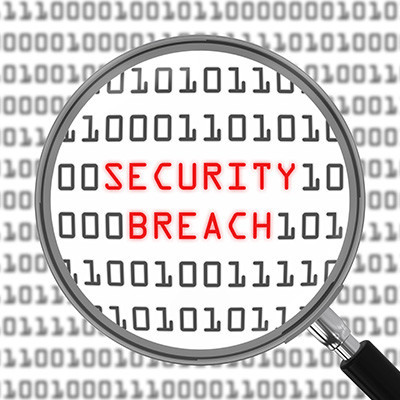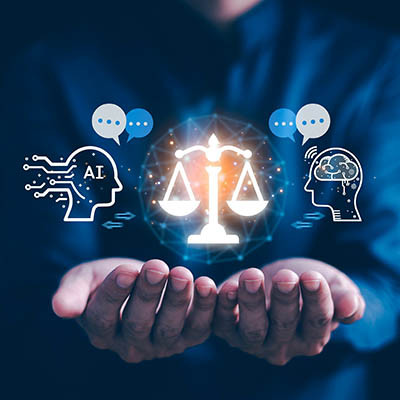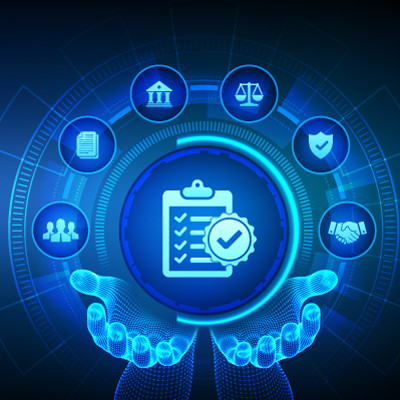If you asked your team what they remember from the last annual security compliance video, we bet they’d be hard-pressed to remember anything of importance. That’s because most small business security training is like going to the dentist; you go once a year, and only because you have to. The unfortunate reality is that most people are going about security training from the “annual compliance” perspective, which isn’t doing your business any favors, and more importantly, doesn’t change their behavior.
Integrid LLC Blog
From the chatbots you interact with to the tools helping you draft emails or analyze data, AI is everywhere. It’s an amazing tool that can help you boost efficiency and completely realign everything you do. Here’s something crucial you might not have on your radar: prompt hacking.
This isn't some far-fetched tech nightmare; it's a real and present danger. Prompt hacking can quietly undermine your company's data security, reputation, and its financial health; and since business today is increasingly AI-driven, understanding this isn't just your IT department’s job—it's yours too.
There’s no secret that things are getting contentious all over. Costs are up, morale is down, and throughout the entire workforce there is a level of uncertainty that they will be able to prosper the same way their parents and grandparents were able to. This fear is exponential for business owners. Even the most optimistic people are finding cracks in well-laid plans. In today’s blog, we will discuss how to arrange your IT to get the most out of your business.
Would you trust a bank that locks its doors at night but leaves all the money sitting in a big pile on the floor? Probably not—if someone got through the door, they could take all the money without any trouble.
This is kind of how cybersecurity used to work. If someone got into a company’s network, they could see and use anything they wanted. But now, many businesses are using a better system called zero-trust security.
The United Nations is responsible for protecting human rights all over the world, as well as creating more sustainable and climate-friendly policies. With the rise of artificial intelligence being at the forefront of many countries’ technological innovations, it’s natural that AI would be thrust into the crosshairs at some point. The UN hopes to develop guidelines that protect people’s access to and use of AI without allowing it to cause more significant problems.
Despite what detractors say, regulations are in place for good reason. They typically protect individuals from organizational malfeasance. Many of these regulations are actual laws passed by a governing body and cover the entire spectrum of the issue, not just the data involved. The ones that have data protection regulations written into them mostly deal with the handling and protection of sensitive information. For organizations that work in industries covered by these regulations there are very visible costs that go into compliance. Today, we look at the costs incurred by these organizations as a result of these regulations, and how to ascertain how they affect your business.








